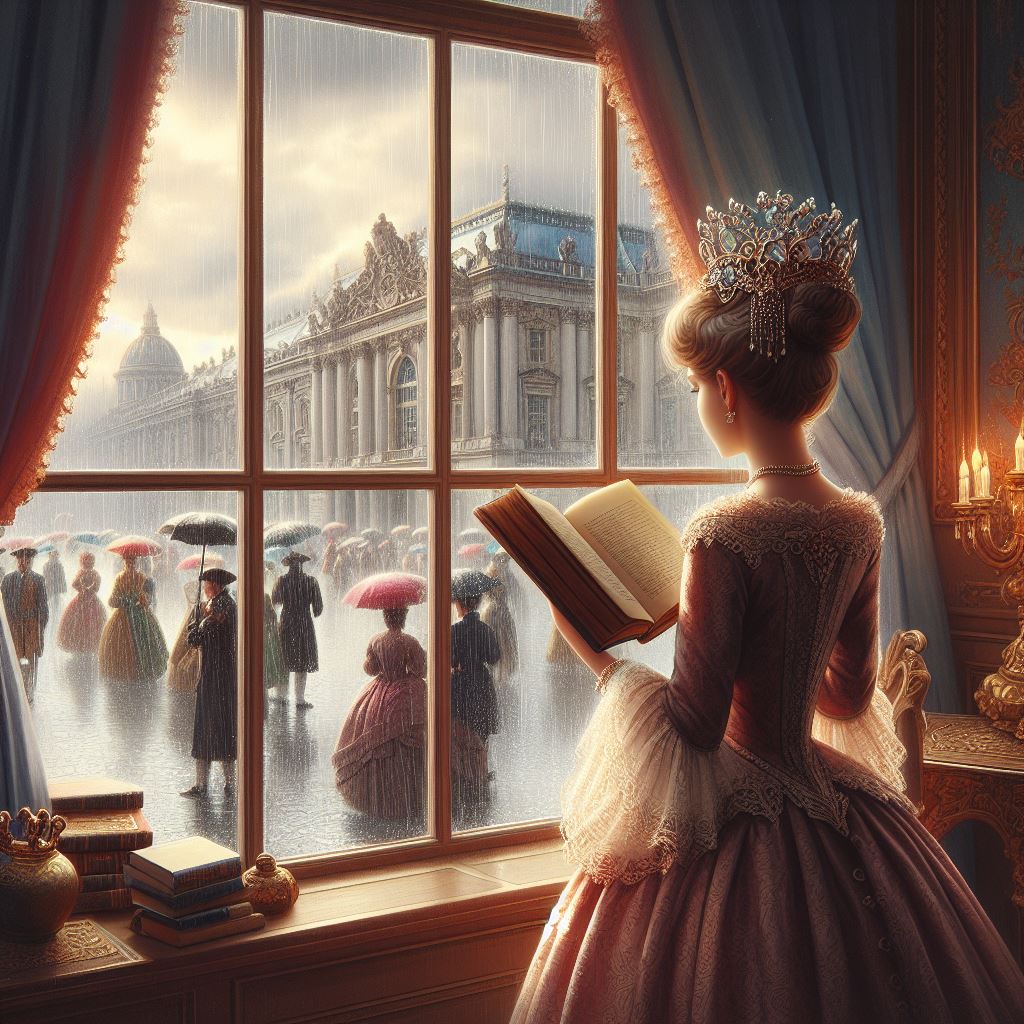
World literature, a vast and vibrant tapestry woven from countless stories across cultures and centuries, holds an immense value that transcends mere entertainment. It serves as a bridge connecting us to the past, a mirror reflecting the human experience in all its complexity, and a wellspring of knowledge and inspiration that continues to enrich our lives in countless ways.
Table of Contents
ToggleA deeper look at the enduring value of world literature:
A Bridge to the Past:
Literature allows us to step into the shoes of those who came before us. We witness the rise and fall of civilizations, understand the social norms and philosophical currents of different eras, and gain a profound appreciation for the history that shaped our world. By encountering diverse perspectives on life, love, loss, and societal structures, we develop a richer understanding of the human experience across time.
A Mirror to Humanity:
Great literature acts as a mirror reflecting our inner selves and the complexities of human nature. We see ourselves in the struggles and triumphs of characters, grapple with universal themes of good versus evil, and explore the depths of human emotions – love, hate, fear, and joy. This self-reflection fosters empathy and understanding, allowing us to connect with characters and situations far removed from our own.
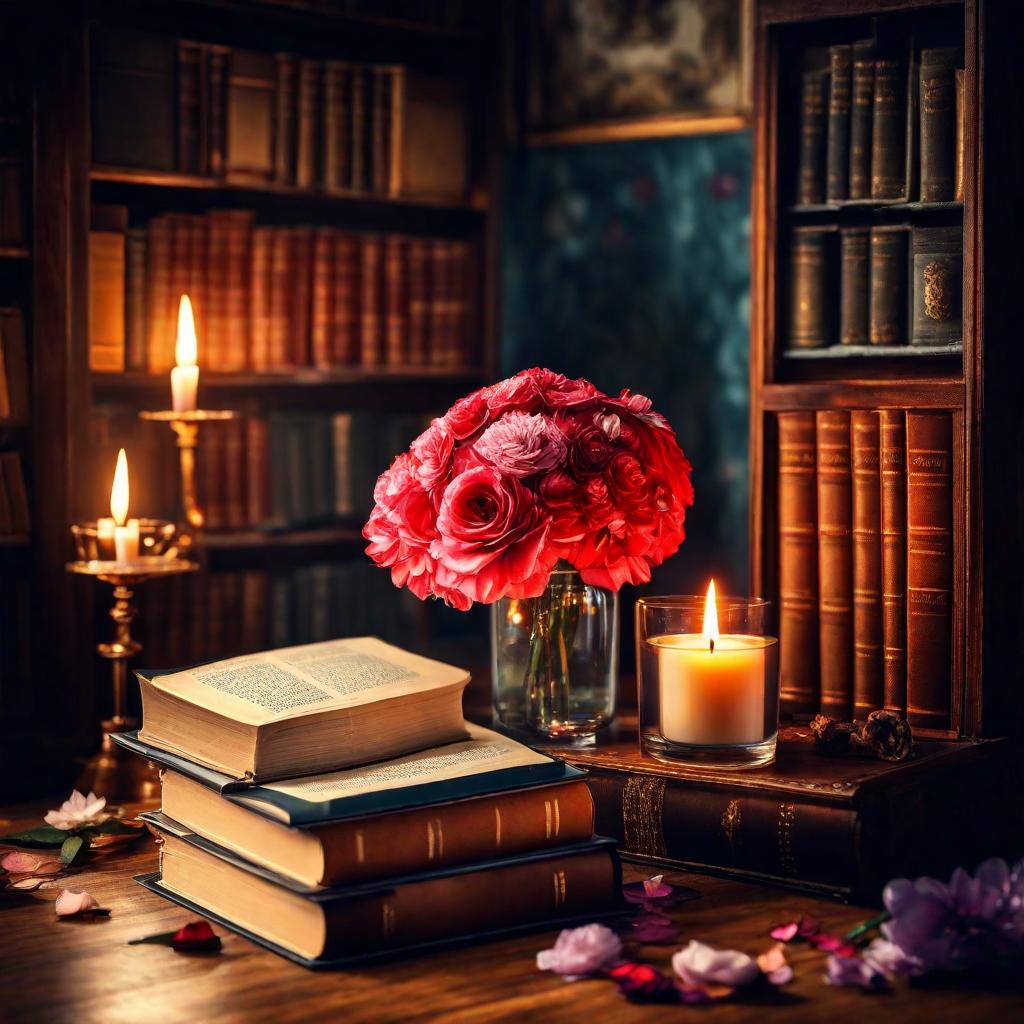
A Wellspring of Knowledge and Inspiration:
World literature is a treasure trove of knowledge, offering insights into different cultures, scientific advancements, and philosophical inquiries. We encounter diverse worldviews, learn about historical events through fictionalized accounts, and gain exposure to different languages and customs. This exposure broadens our horizons, sparks intellectual curiosity, and fuels our creative spirit.
A Language that Translates Cultures:
Literature transcends geographical boundaries and linguistic barriers. It acts as a universal language, fostering empathy and understanding between cultures. Shared narratives allow us to connect with people from all walks of life, appreciate the beauty of different languages, and celebrate the common ground we share as human beings.
A Source of Timeless Wisdom and Guidance:
Masterpieces of world literature offer timeless wisdom that continues to resonate with readers today. From the ethical dilemmas explored in ancient Greek tragedies to the coming-of-age stories of modern classics, literature provides valuable life lessons that transcend time and place. We learn about courage, resilience, love, and the importance of pursuing one’s dreams, all within the context of engaging narratives.
A Celebration of Language and Storytelling:
World literature allows us to revel in the power and beauty of language. Skilled authors craft words into vivid tapestries, painting pictures with their descriptions and weaving intricate plots that keep us captivated. By experiencing masterfully crafted stories, we develop a deeper appreciation for the power of language and the art of storytelling.
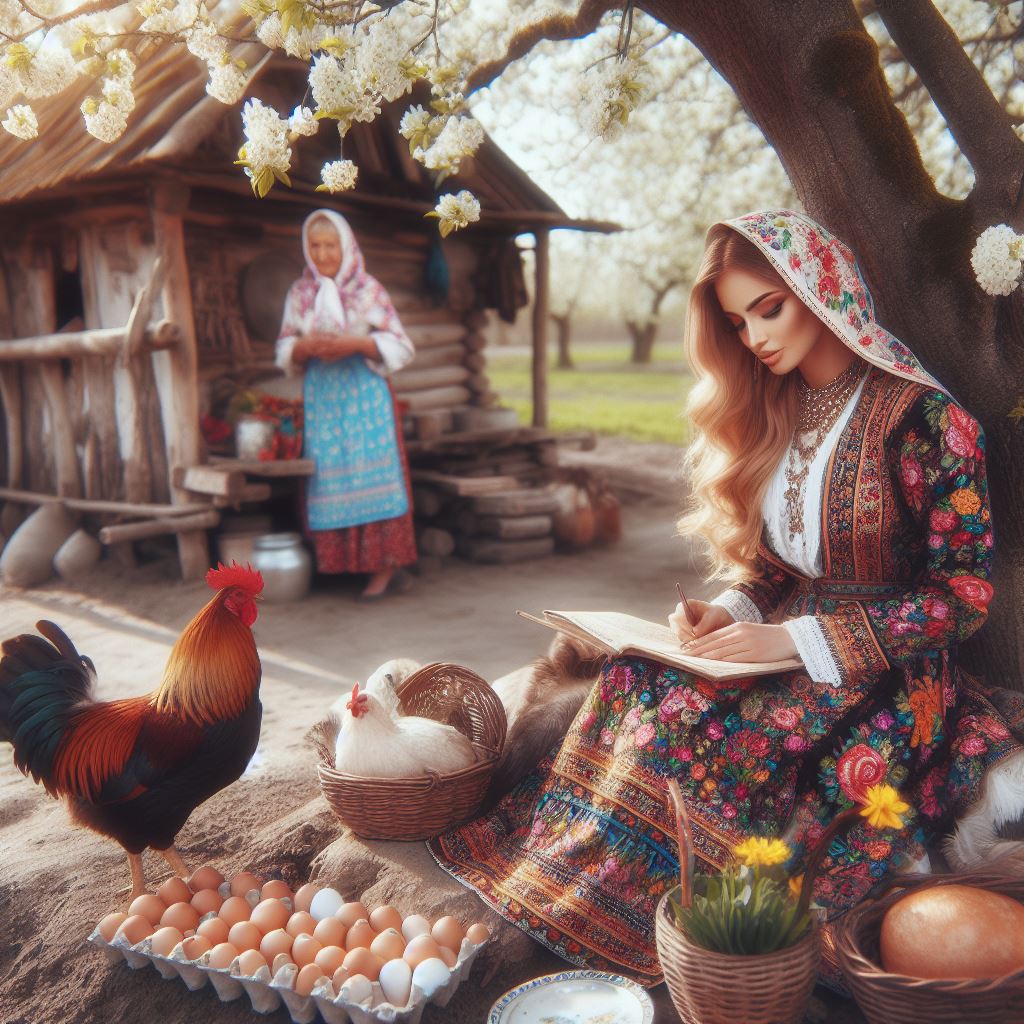
World Literature Through the Eyes of Literary Giants:
Here’s a glimpse into how some famous literary critics viewed the significance of world literature:
Harold Bloom (American literary critic) Bloom, known for his theory of the anxiety of influence, believed world literature offered a rich canon of works against which contemporary writers grapple and define themselves. He saw engagement with these classics as essential for fostering literary innovation.
Michiko Kakutani (Japanese-American literary critic)
Renowned for her sharp wit and insightful reviews, Kakutani championed world literature as a means to challenge our assumptions and perspectives. She believed exposure to diverse voices and experiences broadened our understanding of the world and ourselves.
Edward Said (Palestinian-American literary critic)
Said, a leading figure in postcolonial studies, argued that world literature wasn’t a monolithic entity dominated by Western traditions. He emphasized the importance of recognizing and appreciating the rich tapestry of voices from previously marginalized cultures.
F. R. Leavis (British literary critic)
A champion of close reading and the importance of literary form, Leavis believed world literature provided examples of exceptional writing that pushed the boundaries of language and storytelling. He saw these classics as models for aspiring writers to learn from and emulate.
Gayatri Spivak (Indian literary critic)
Spivak, a prominent voice in postcolonial feminism, highlighted the role of world literature in exposing the power dynamics and inequalities embedded in different cultures. She believed critical engagement with these narratives was crucial for promoting social justice and deconstructing dominant narratives.
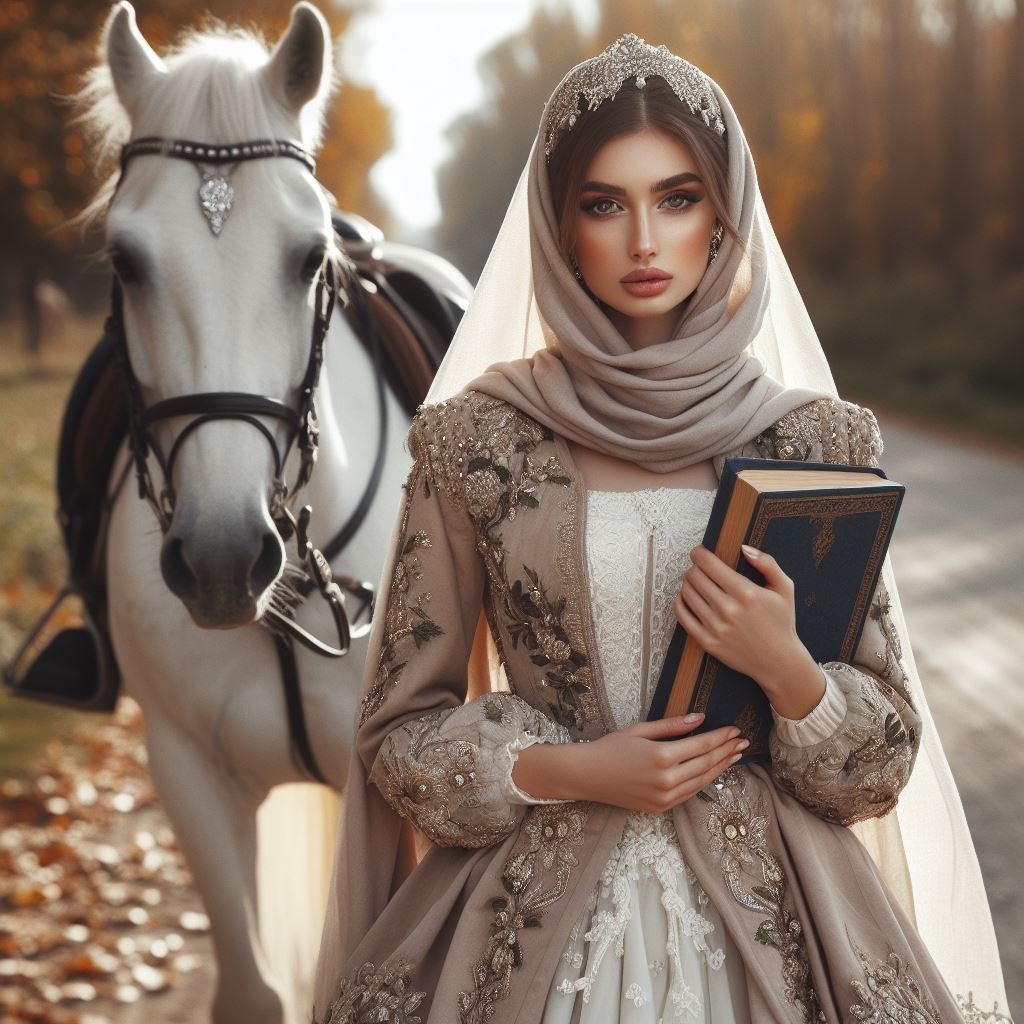
Here are some additional opinions on the value of world literature from renowned figures:
Philosophers:
Immanuel Kant (German philosopher)
Without books the best thoughts are liable to perish.Kant believed literature played a crucial role in preserving and transmitting knowledge across generations.
Jean-Paul Sartre (French philosopher) Literature is freedom in action. Sartre saw literature as a form of liberation, allowing writers and readers to explore ideas and experiences beyond the constraints of reality.
Scientists:
Carl Sagan (American astronomer)I wish to see the continuation of human affairs and our continued ability to wonder, create, imagine, and produce great art. Sagan recognized literature’s role in fostering human creativity and imagination, crucial for scientific progress.
Marie Curie (Polish-naturalized-French physicist and chemist)One never notices what has been done one can only see what remains to be done. Curie, though known for her scientific pursuits, likely valued literature for its ability to inspire curiosity and a thirst for knowledge.
Social Activists:
Nelson Mandela (South African anti-apartheid revolutionary and political leader)No one is born hating another person because of the color of his skin, background, or religion. People must learn to hate, if they can learn to hate they can be taught to love, for love comes more naturally to the human heart than its opposite. Mandela’s quote highlights how literature can promote empathy and understanding, crucial for social justice movements.
These diverse perspectives showcase how the value of world literature extends far beyond entertainment. It fuels intellectual curiosity, fosters empathy, and inspires action, shaping individuals and societies in profound ways.
These are just a few examples, and countless other critics have explored the value of world literature from diverse perspectives. Their insights remind us of the multifaceted nature of this vast literary landscape and its ongoing impact on readers and writers alike.
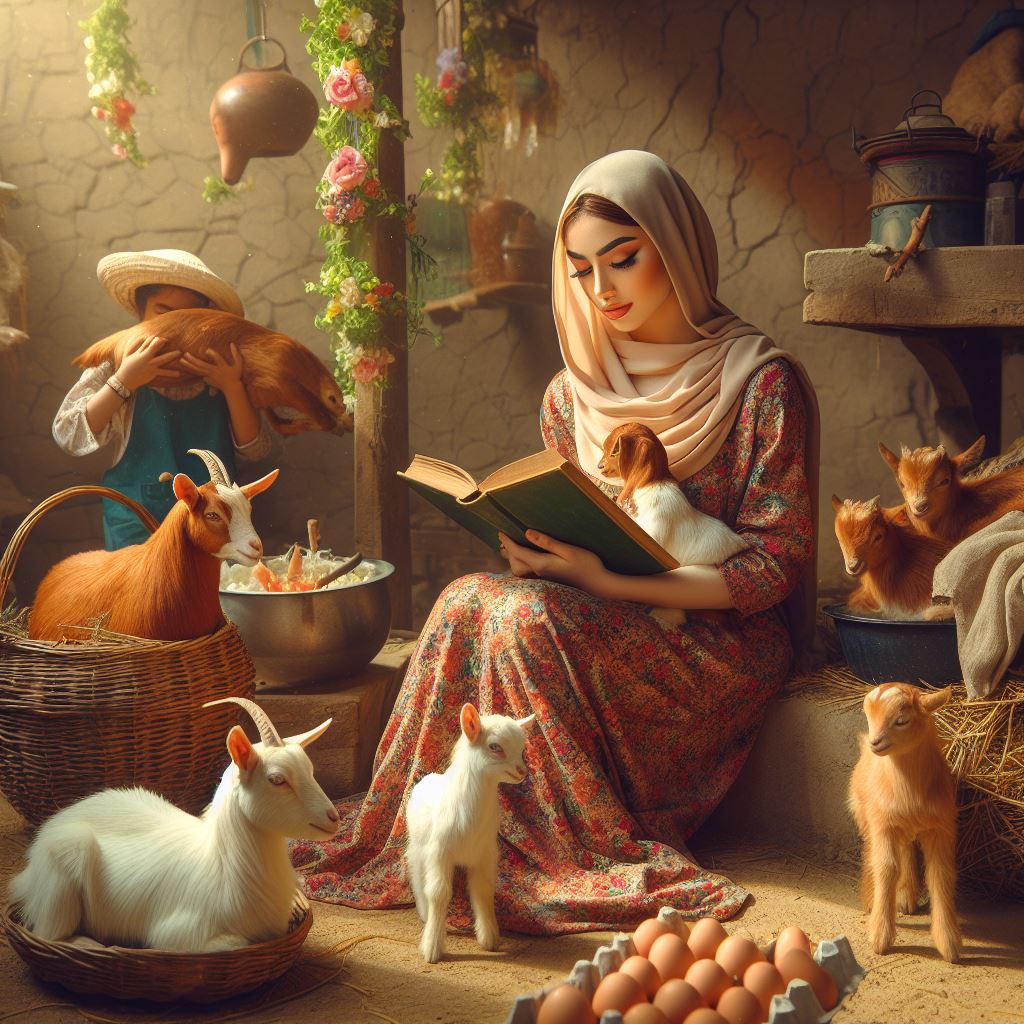
Exploring Unique Worlds in Literature
While classic literature offers timeless treasures, the world of literature extends far beyond them! Here are some unique choices that will transport you to fantastical worlds and introduce you to unforgettable characters.Timeless Tales That Still Steal Our Hearts. Those amazing stories passed down through generations, continue to captivate readers today. Why? Because they offer unforgettable characters, timeless themes, and adventures that transcend time. Let’s explore some of these enduring classics and the iconic figures who inhabit them. These enduring tales are not just about captivating plots, but also about the unforgettable characters that inhabit these fictional worlds. Let’s delve into some of these classics and meet the iconic figures who have secured their place in our hearts.
“The Pillow Book” written around the year 1000 by Sei Shonagon from Japan, provides an intriguing insight into the culture and society of Heian period Japan through a series of observations and essays.Prepare for a witty and insightful exploration of daily life, relationships, and the beauty of the natural world.
The Heian period witnesses the captivating narrative of Prince Genji’s life and romances in “The Tale of Genji (11th century)” authored by Murasaki Shikibu from Japan. Regarded as the world’s inaugural novel, this epic Japanese tale holds a significant place in literary history.
Great Expectations (1861) by Charles Dickens:
Characters: Pip – An orphaned boy who navigates a world of wealth and poverty as he comes of age. Miss Havisham – A wealthy woman consumed by a past betrayal.expand_more
Why They Endure: This coming-of-age story explores themes of class, ambition, and self-discovery. Pip’s journey of learning valuable life lessons and Miss Havisham’s tragic past continue to resonate with readers.
To Kill a Mockingbird (1960) by Harper Lee:
Characters: Scout Finch – A curious young girl who learns valuable lessons about prejudice and justice from her lawyer father. Atticus Finch – A moral compass and champion of justice who defends a wrongly accused man.
Why They Endure: This powerful story tackles racism and the importance of empathy. Scout’s innocence and Atticus Finch’s unwavering pursuit of justice create unforgettable characters that promote social awareness and compassion.
Les Miserables (1862) by Victor Hugo:
Characters: Jean Valjean – A former convict who seeks redemption after years of imprisonment. Javert – A relentless police inspector determined to uphold the law.
Why They Endure: This epic tale explores themes of poverty, social injustice, and the power of hope. Jean Valjean’s struggle for redemption and Javert’s unwavering pursuit of duty create a complex and unforgettable dynamic.
Jane Eyre (1847) by Charlotte Brontë:
Characters:Jane Eyre is a young girl who, despite enduring numerous challenges and societal limitations, manages to discover both love and independence. On the other hand, Mr. Rochester is an enigmatic and introspective individual who conceals a deep, hidden secret.
Why They Endure: This gothic romance explores themes of social class, self-reliance, and the power of love. Jane Eyre’s strength and resilience in pursuing her dreams and Mr. Rochester’s eventual vulnerability make them captivating figures.
The Adventures of Huckleberry Finn (1885) by Mark Twain: Huckleberry Finn, a runaway boy, journeys down the Mississippi River with Jim, a runaway slave. This adventure story explores themes of friendship, racism, and the search for freedom, making it a classic of American literature.
One Hundred Years of Solitude (1967) by Gabriel Garcia Marquez:
This work of magical realism follows the journey of the Buendia family in the imaginary Colombian village of Macondo, depicting their ascent and decline. Expect to encounter fantastical occurrences, detailed descriptions, and a profound examination of themes such as family dynamics, historical context, and the experience of solitude.
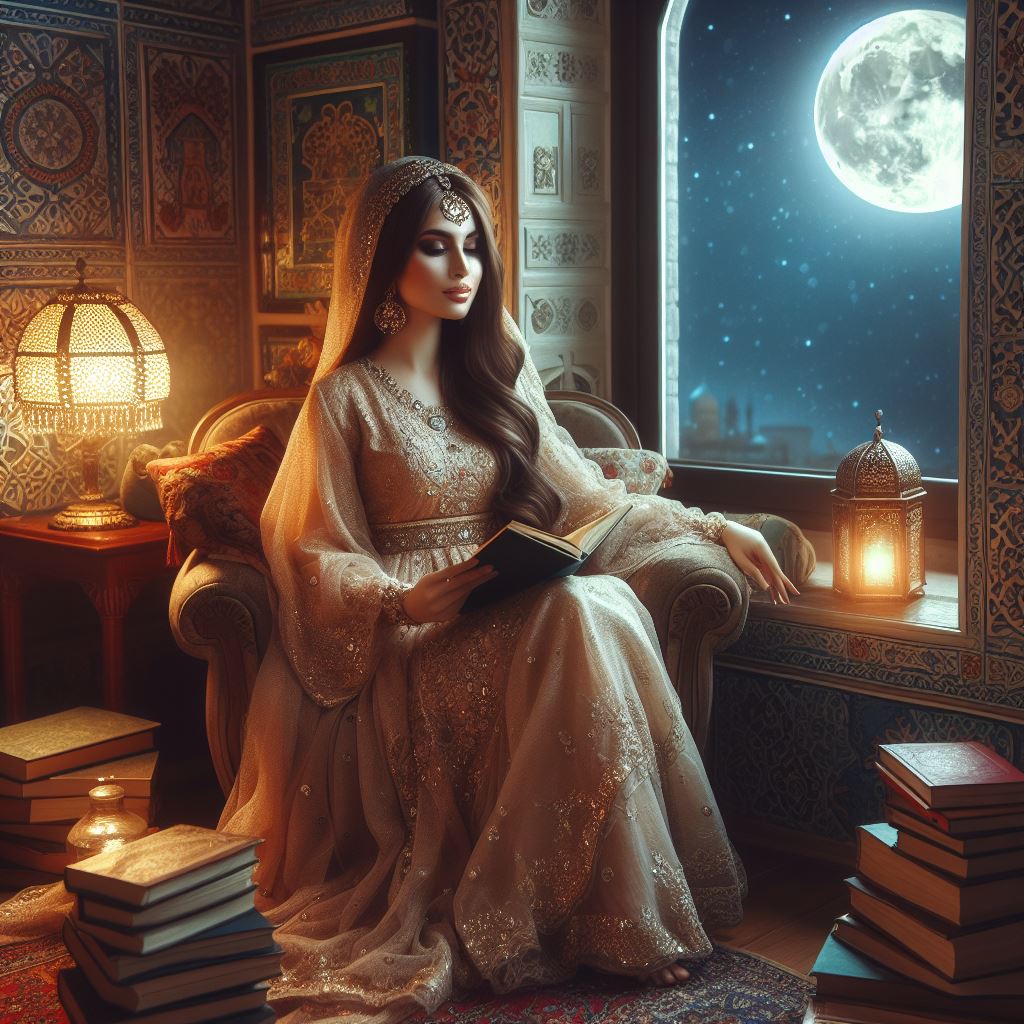
In 1915, Franz Kafka (Austria-Hungary) penned a haunting novella titled “The Metamorphosis.” The story revolves around Gregor Samsa, a salesman who experiences a bewildering transformation upon waking up one morning he finds himself turned into a colossal insect.Explore themes of alienation, absurdity, and the human condition in this thought-provoking story.
The Handmaid’s Tale (1985) by Margaret Atwood:
Offred, in a dystopian future, finds herself as a Handmaid, compelled to serve and bear offspring for the ruling class. This thought-provoking examination of oppression, gender norms, and the struggle for survival has acquired a renewed significance in contemporary times.
The Wind in the Willows (1908) by Kenneth Grahame:
Enter a fantastical realm where Mole, Rat, Badger, and Toad come alive with conversation. This delightful tale explores the themes of companionship, exploration, and the little pleasures that make life special.
One Hundred Solitude of Solitude (1982) by Abdurrahman Munif (Saudi Arabia): This epic saga chronicles the rise and fall of a merchant family in the Arabian Peninsula during the oil boom. Explore themes of modernization, tradition, and social change in the face of economic upheaval.
Things Fall Apart (1958) by Chinua Achebe (Nigeria):This compelling book provides a glimpse into the pre-colonial era of Nigeria, as seen through the perspective of Okonkwo, a revered warrior who grapples with the challenges posed by British rule.Witness a poignant portrayal of cultural conflict, tradition, and the fight for identity.
The Mists of Avalon (1983) by Marion Zimmer Bradley:
Explore the Arthurian myths through the eyes of the women who played a significant role in The Mists of Avalon (1983) by Marion Zimmer Bradley.This epic tale explores themes of power, love, and betrayal through the eyes of Morgan le Fay, Arthur’s half-sister.
The God of Small Things (1997) by Arundhati Roy: Set in Kerala, India, this novel explores forbidden love, family secrets, and the complexities of caste. Get ready for a powerful story with vivid descriptions and unforgettable characters.
Conclusion:
classic literature serves as a gateway to diverse cultures, historical periods, and various perspectives, encompassing renowned as well as lesser-known works from around the globe. It allows us to step into the shoes of unforgettable characters, confront timeless themes, and be swept away by the power of storytelling. It serves as a window to the past, a mirror to our humanity, and a gateway to new ways of thinking and understanding the world.
Classic literature provides limitless possibilities for exploration and enrichment, whether you choose to revisit beloved favorites or embark on a journey with undiscovered treasures. By immersing ourselves in these timeless stories, we embark on a lifelong journey of discovery, enriching our lives and cultivating a deeper appreciation for the human experience in all its glorious diversity.
So, open a book, and let your imagination take flight! The world of classic fiction awaits, ready to transport you, inspire you, and leave an enduring mark on your heart and mind.

The degree to which I appreciate your creations is equal to your own sentiment. Your sketch is tasteful, and the authored material is stylish. Yet, you seem uneasy about the prospect of embarking on something that may cause unease. I agree that you’ll be able to address this matter efficiently.
Usually I do not read article on blogs however I would like to say that this writeup very compelled me to take a look at and do so Your writing taste has been amazed me Thanks quite nice post
Normally I do not read article on blogs however I would like to say that this writeup very forced me to try and do so Your writing style has been amazed me Thanks quite great post
I have been browsing online more than three hours today yet I never found any interesting article like yours It is pretty worth enough for me In my view if all website owners and bloggers made good content as you did the internet will be a lot more useful than ever before
Internet Chicks Pretty! This has been a really wonderful post. Many thanks for providing these details.
Fantastic site Lots of helpful information here I am sending it to some friends ans additionally sharing in delicious And of course thanks for your effort
thanks
Thanks I have recently been looking for info about this subject for a while and yours is the greatest I have discovered so far However what in regards to the bottom line Are you certain in regards to the supply
Dedicated to excellence, BWER offers Iraq’s industries durable, reliable weighbridge systems that streamline operations and ensure compliance with local and global standards.
Enhance your industrial operations with BWER weighbridges, designed for exceptional accuracy and durability to support Iraq’s growing infrastructure and logistics sectors.
Hi i think that i saw you visited my web site thus i came to Return the favore I am attempting to find things to improve my web siteI suppose its ok to use some of your ideas
This web page can be a stroll-by for all the information you wished about this and didn’t know who to ask. Glimpse right here, and also you’ll positively discover it.
I am continuously browsing online for ideas that can assist me. Thx!